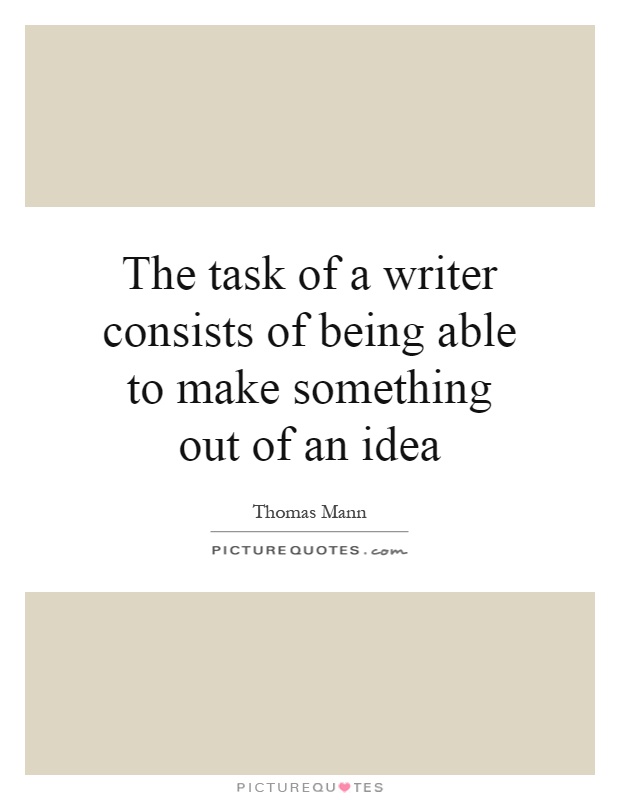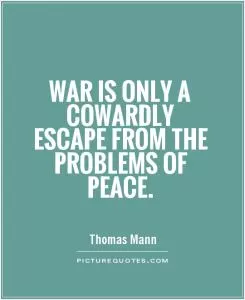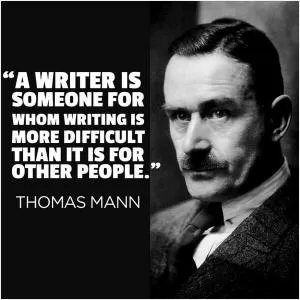The task of a writer consists of being able to make something out of an idea

The task of a writer consists of being able to make something out of an idea
Thomas Mann, a renowned German writer and Nobel laureate, understood the importance of transforming ideas into tangible works of art. He believed that the task of a writer was to take abstract concepts and give them form, to breathe life into them through the written word. Mann's own literary career exemplifies this belief, as he was able to craft complex narratives that delved into the depths of human experience and emotion.Mann's most famous work, "The Magic Mountain," is a prime example of his ability to turn ideas into compelling stories. The novel follows the protagonist, Hans Castorp, as he spends seven years in a sanatorium in the Swiss Alps. Through Castorp's experiences, Mann explores themes of time, mortality, and the nature of reality. By taking these abstract ideas and weaving them into a narrative, Mann is able to engage readers on a deep and emotional level.
In addition to his novels, Mann was also known for his essays and speeches, in which he tackled a wide range of topics, from politics to philosophy. In these works, Mann demonstrated his skill at taking complex ideas and distilling them into clear and concise arguments. By doing so, he was able to communicate his thoughts and beliefs to a wide audience, influencing the intellectual discourse of his time.
Mann's ability to make something out of an idea was not limited to his writing alone. He was also a skilled public speaker and advocate for social and political causes. Through his speeches and essays, Mann was able to bring attention to issues such as the rise of fascism in Europe and the importance of intellectual freedom. By translating his ideas into action, Mann was able to make a lasting impact on the world around him.












 Friendship Quotes
Friendship Quotes Love Quotes
Love Quotes Life Quotes
Life Quotes Funny Quotes
Funny Quotes Motivational Quotes
Motivational Quotes Inspirational Quotes
Inspirational Quotes